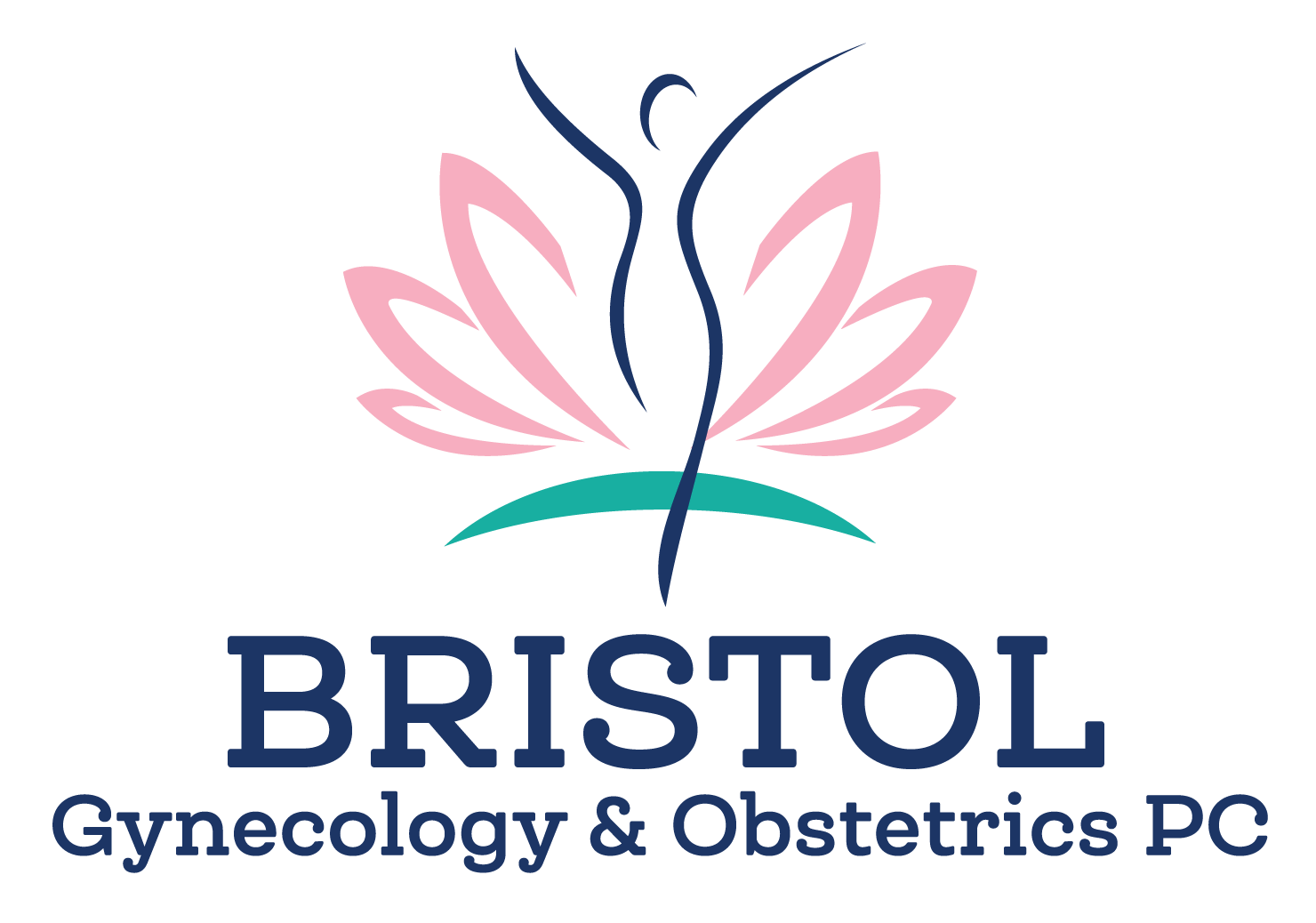Menopause
Menopause is a natural biological process that occurs in a woman's life typically around the age of 45 to 55. It marks the end of her reproductive years, as her ovaries cease to produce eggs and her menstrual cycles come to a halt. Menopause is characterized by a variety of physical and emotional symptoms, including hot flashes, night sweats, mood swings, vaginal dryness, and irregular periods. These symptoms can vary in intensity and duration for each woman, making it a unique experience for every individual. Menopause also brings about certain long-term health changes, such as a decrease in bone density and an increased risk of heart disease, which require careful attention and management.
Despite the challenges that menopause poses, it also signifies a new phase in a woman's life where she can embrace a sense of freedom and self-discovery. With the cessation of reproductive functions, women may find themselves liberated from concerns about contraception and pregnancy. This newfound freedom allows them to focus on personal growth, pursue new interests, and explore different aspects of their lives that were previously overshadowed by the demands of childbearing.
Managing menopausal symptoms is essential for women to navigate this transitional period with greater ease and maintain their overall well-being. Lifestyle changes, such as regular exercise, maintaining a healthy diet, getting adequate sleep, and practicing stress-reducing techniques can help alleviate some of the discomfort associated with menopause. Additionally, hormone therapy may be recommended by healthcare professionals to help balance hormone levels and provide relief from symptoms. Regular medical check-ups are also crucial during this time to monitor any potential health risks, including changes in bone density and cardiovascular health.
By acknowledging and addressing the challenges of menopause while embracing the possibilities it brings, women can fully embrace this new phase of life. It is an opportunity to redefine priorities, explore new interests, and foster a strong sense of self. With the right support and proactive approach to managing menopausal symptoms, women can transition through this stage with grace and resilience, maintaining their overall well-being and quality of life.

